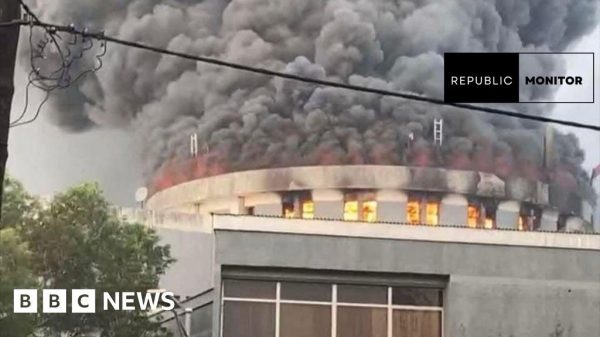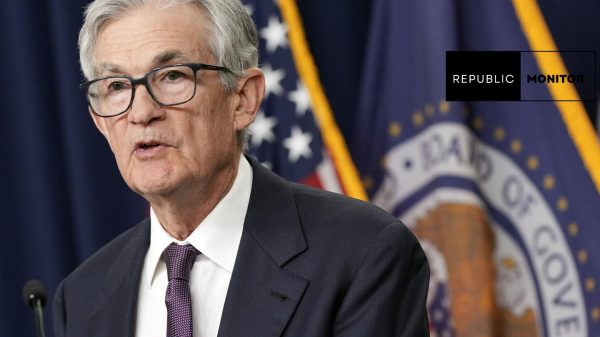Amidst a volatile backdrop in the Middle East, a series of events unfolded, intensifying tensions among key players. The killing of a top Iranian Revolutionary Guard Corps (IRGC) commander in Syria by Israeli forces triggered a swift response from Iran, vowing retaliation. Simultaneously, the US launched airstrikes on Iran-backed forces in Iraq, fueled by attacks on American soldiers. The situation, characterized by belligerent statements and escalating threats, raises concerns about the potential for a broader conflict. As the region braces for possible repercussions, the dynamics of this geopolitical chessboard come into sharper focus.

Increasing Tensions in the Middle East: US Bombings, Israeli Counterattack, and Iran’s Revenge Declaration
Israeli Strike Claims Top IRGC Commander
In a targeted operation, Israel eliminated Razi Mousavi, the IRGC’s chief military and intelligence figure in Syria. The significance of this loss reverberates through the complex web of Middle Eastern power plays.
US Airstrikes and Iranian Response
In response to earlier attacks on US forces in Iraq, the Pentagon announced airstrikes on Iran-affiliated targets. The move comes after an American serviceman was critically injured in the initial assaults, adding fuel to an already fiery situation.
Iran’s Threat and Potential Ramifications
Iran swiftly condemned the killing of Mousavi, vowing that Israel “will pay” for the act. The response signals a potential shift in the ongoing conflict, with speculations about how Iran might leverage its influence across the region.
Uncertain Future: Possible Scenarios
As tensions escalate, questions linger about the Iranian regime’s course of action. Will it intensify pressure on allied groups or choose a more direct approach? The ambiguity leaves room for various scenarios, from increased aggression against Israel and US interests to a potential direct strike.
Broader Implications and US Stance
The conflict’s broader implications extend beyond the immediate players. With only Yemen’s Houthis officially entering the fray in support of Hamas so far, the Biden administration seeks to avoid being drawn into a costly war during an election year.
From Soleimani to Mousavi: A Changing Landscape
Razi Mousavi’s death deals a blow to the IRGC’s operations in Syria, reminiscent of the loss of Qasem Soleimani. The Iranian regime’s response remains uncertain, with past instances of strong rhetoric translating into measured actions.
The Biden Administration’s Dilemma
The Biden administration faces a delicate challenge, attempting to prevent a full-blown war while navigating the complex dynamics of the Middle East. The echoes of Soleimani’s death and the subsequent ‘token’ attack on a US base underscore the potential challenges ahead.
As the region holds its breath, the evolving situation demands careful observation, with the international community watching closely for any developments that could reshape the geopolitical landscape.
Read Also – Getting Around the Oregon Kicker Tax Credit: Quick Tips
















